I first met
Haggard with their “
Awaking the Centuries” and I was shocked by the fusion of classical instruments and contemporary instruments. This release, also of historical theme, was another way (for me) to enjoy this phenomenon. Some might think that it’s kind of the same thing as their previous work (such as “
Awaking the Centuries”), but if you pay real attention, you’ll see that they’re quite different, and I’ll try to demonstrate why:
1. About the lyrics
In “
Awaking the Centuries”, the lyrics tend to reflect only the historical situation of Nostradamus (such as the horror of the plague, the dramatic change of times from Middle Age to
Renaissance) and grants very little space for the prophet’s possible feelings; mysticism and
God is the center of these lyrics (as medieval cosmovision). In the other hand, “
Eppur Si Muove” works in the other way, there’s a lot about Galilei’s feelings and thoughts (such as the joy of his discovery, the frustration of seeing himself in the hands of stupid people, the damage of fanatism and ignorance to human kind when they try to shut knowledge up) than about the historical time he’s living. So, the new center of all is the man, not
God (just like in
Renaissance philosophy). Besides,
Haggard seems to give more importance to Galilei’s work (as a revolutionary of western science and philosophy) than Nostradamus’ (as a mere physician and extraordinary prophet).
2.1 About the (classical) music
Haggard, as a classical band, is very concerned about the authenticity of their music, so, that includes the actual dating. Well, if you check times, you’ll see that Nostradamus was born in 1503 and died in 1566, while Galileo Galilei was born in 1564 and died in 1642. Even when it’s
Renaissance (and
Baroque, in the case of the astronomer) for both of them, the difference, musically speaking, is quite profound.
Both albums use pretty much the same instruments, yes, but the tribute to the prophet tends more towards a “still medievalish” style, not only because of some solos -which may be associated with the bards singing, but also due to a tendency of expressing just one idea, one way or one voice (this means that the score is very similar –if not the same- for all instruments, which just accompany the voices and nothing more), very characteristic of late Middle age. Now, the tribute to the astronomer is based on: the dialogue between instruments and voices, didactic intentions, more ornamented and complex scores for both instruments and voices and an ingenious alternative game between beauty and grotesque as aesthetic expressions equally valid.
2.2 About the (metal) music
For those who do not know
Haggard, their style tends (more than death or simply symphonic) to black metal, I think, because of the riffs, the voice growlings and most of their topics. (As for this matter, black metal is well known for its dark subjects such as death, destruction, hate, solitude or the struggle against madness). In “
Awaking the Centuries”, to talk about the massive plague which razed Europe (and all its implications) using melodic grunting and riffs that make guitar stand up above all other instruments is more than enough for classify them as black “
Eppur Si Muove”, on the other side, is (I admit it) more instrumental than metal (actually, classical instruments sound stronger than guitar or bass), but I don’t see it as a flaw or a betrayal to the genre (as some orthodox metal fans might think). Instead of that, it is another way of experiment the fusion of both styles (besides, since the theme is
Renaissance, it couldn’t turn out other thing). After all, variety is the key to stay fresh and to get to more people; may be for extreme metal fans it could be really boring or lame, but for beginners or symphonic/melodic/historical metal fans could be an extraordinary display of power and beauty, of good music with meaningful lyrics.
3. About the atmosphere
Based on my previous arguments about the music, I conclude that the atmosphere created by these two albums is different. The environment recreated by “
Awaking the Centuries” is eminently dark, chaotic, like a middle point between sleeping and awaking, without actually being one of them (just like a period of transition, socially, politically, economically, etc., like the one lived by Nostradamus). In the other side, the atmosphere of “
Eppur Si Muove” is brighter, more finely polished and clearer, with some obscure dots which represent the presence of passion (or ignorance) in times of the spring of reason.
As closure of this review, I just can say that a band as
Haggard is really unique because of their respect for music (chronologically and aesthetically) and for their musical proposal. There are not many bands with the capacity of merging two types of music (apparently) so opposite with such remarkable accuracy. SOME bands do include orchestras in their work, but –the way I see it- merely as decoration, as a random ornament to achieve labels like “cult” or “refined” or simply “cooler-than-garage-bands” without a musical consciousness of the instruments that they’re picking or the scores they’re writing.
Haggard’s style proves (unintentionally, I think) to non-metal people, specially conservative sectors of society, that metal is not a barbaric-pagan-diabolical type of music, on the contrary, is one of the few musical genres that may harmonize with almost all other genres.
And, as well, invites metal fans to approach to classical music, presenting it as a way of cultural enrichment.
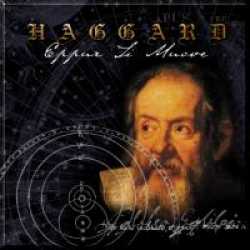
 Haggard : Eppur Si Muove
Haggard : Eppur Si Muove









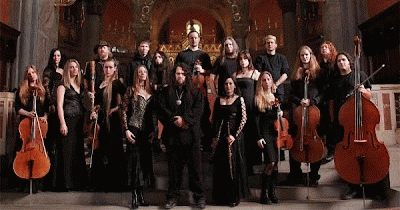
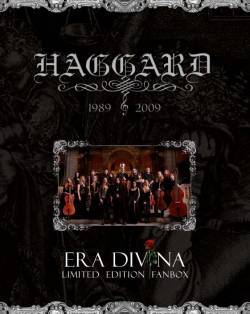
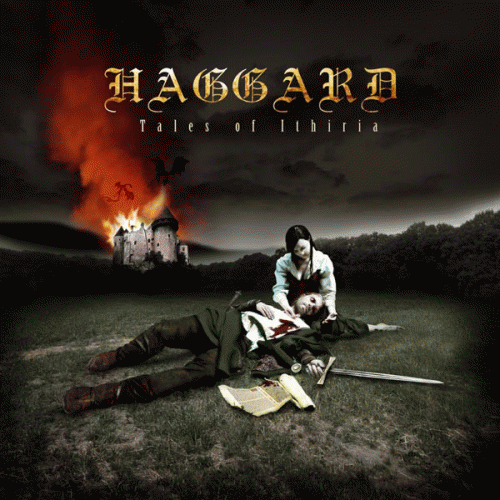
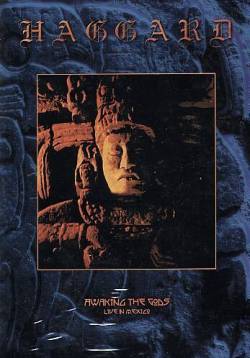
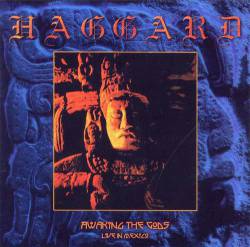
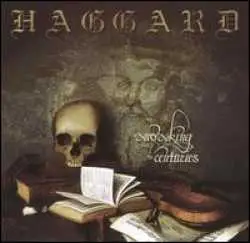
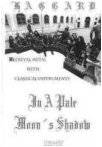
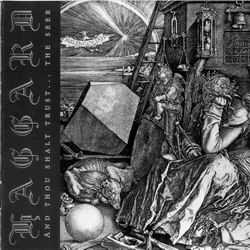
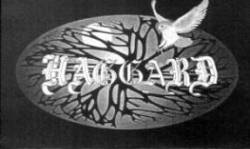

You must be logged in to add a comment